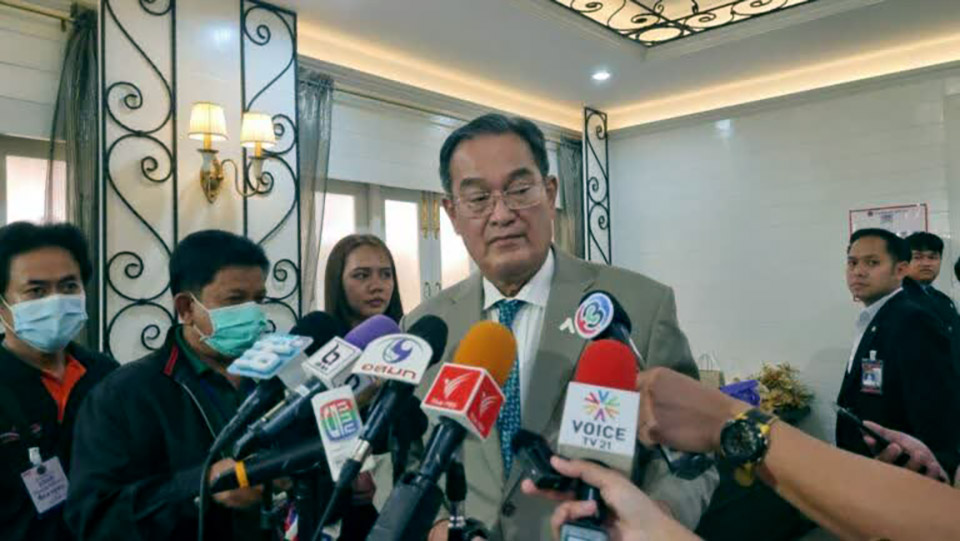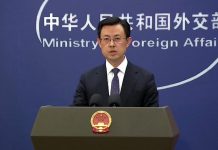
The Subcommittee on Public Opinion for the Constitutional Amendment will this week meet with representatives from seven student and young adult groups to gather their views on charter change.
Nikorn Chamnong, the chair of the Subcommittee said that previously the groups were presented with questions about the constitutional amendment and the referendum process—identical to those to be considered by the parliament in its forthcoming session. These inquiries will guide the Committee in examining methods for conducting the referendum to resolve differing opinions on the 2017 Constitution of the Kingdom of Thailand by late December and will subsequently be shared with the public.
The queries highlight whether a referendum should be organized for the constitutional amendment, if the entire document or specific sections should be altered, and the potential consequences of such amendments on citizen freedoms, political engagement, and checks and balances among the legislative, judiciary, and executive branches.
Additional questions include the difficulty of amendment procedures, underlying causes for amendments, and suggestions for establishing a constitutional drafting assembly or other entities to undertake these revisions.
Nikorn said that he will soon meet with Sawang Boonmee, the Secretary-General of the Election Commission (EC), about the preliminary budget for conducting the referendum which is estimated at 3.25 billion baht. He said that alternative methods, such as using mobile applications, are projected to cost about 10 billion baht, with concerns raised about their reliability and vulnerability to hacking, which the EC will address further.
Nikorn mentioned that coordinating the referendum with other elections would require three specific laws and may not be feasible until November 2024 due to the need for prior legislative amendments. However, subsequent referendums could potentially align with other elections. (NNT)






